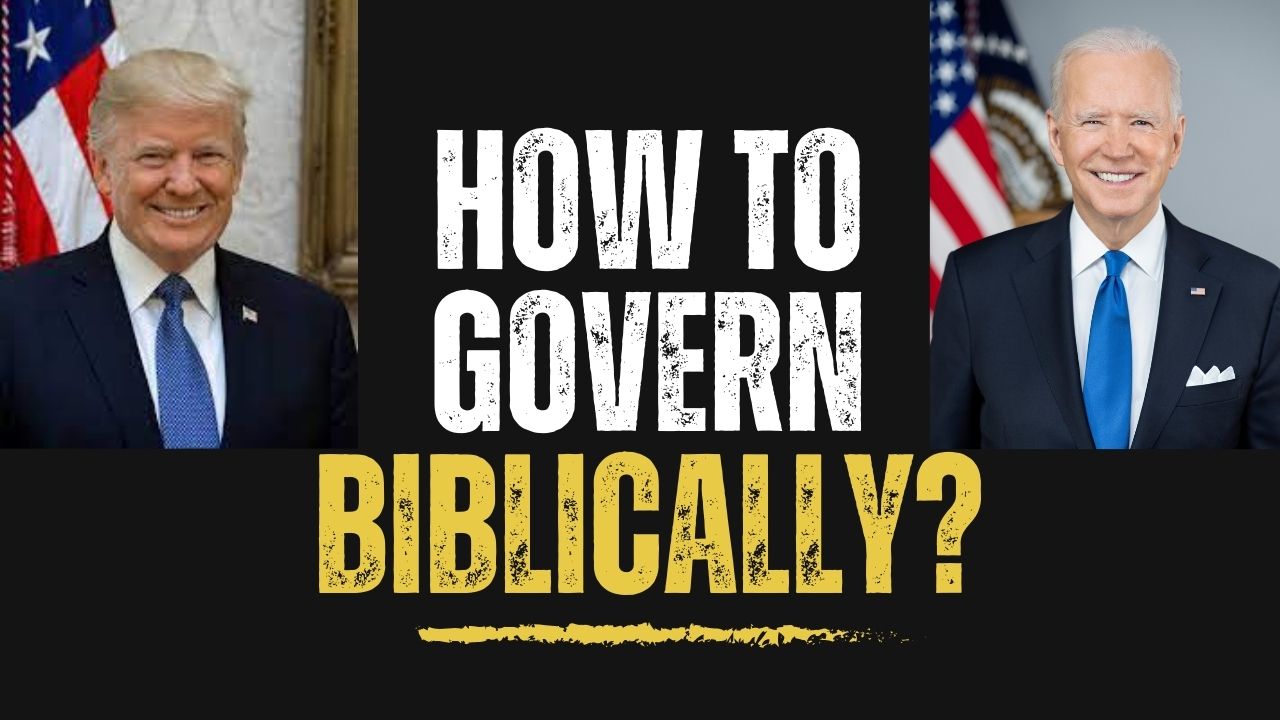INTRODUCTION
As the calendar turns its pages to 2024, the world finds itself in the throes of a significant moment – the year of elections. With at least 64 political elections unfolding across the globe, encompassing nearly half of the world’s population, the choices made in polling booths will shape the destinies of nations. But amidst the political fervor and campaign promises, there’s a crucial question that transcends party lines: What does God desire in a leader?
In this post, we delve into five key biblical concepts, each accompanied by verses that illuminate these principles. Regardless of political affiliation, these principles should guide leaders in their quest to serve and govern.
1. Moral and Ethical Leadership
The first point we explore is the imperative of Moral and Ethical Leadership. Proverbs 11:14 serves as our compass in this endeavor:
‘Where there is no guidance, a people falls, but in an abundance of counselors there is safety.’
This verse underscores the significance of moral and ethical decision-making, emphasizing the role of wise counsel in shaping just, compassionate, and integral governance. In a world where political figures sometimes succumb to unethical acts like corruption, censorship, election fraud, and human rights violations, this biblical principle serves as a beacon for leaders seeking to foster trust, well-being, and societal cohesion.
2. Servant Leadership
Next, we explore the concept of Servant Leadership, inspired by Mark 10:45:
‘For even the Son of Man came not to be served but to serve, and to give his life as a ransom for many.’
This powerful verse encapsulates the essence of humility, selflessness, and a genuine commitment to serving the needs of the people – qualities often overlooked in the power corridors. From business programs to the teachings of Jesus, servant leadership embodies characteristics like awareness, empathy, and commitment to the growth of people and the nation. Leaders prioritizing the needs of the people should witness great results.
3. Social Justice and Equality
Our third point delves into Social Justice and Equality, guided by Proverbs 31:8-9:
‘Speak up for those who cannot speak for themselves, for the rights of all who are destitute. Speak up and judge fairly; defend the rights of the poor and needy.’
This biblical insight compels leaders to champion social justice, addressing the needs of the marginalized and promoting equality within society. Leadership that prioritizes social justice creates a foundation for inclusive societies, eliminating discrimination and fostering shared prosperity. The Bible consistently calls leaders to rule with justice and equality, highlighting the need to defend the rights of all citizens.
4. Accountability and Transparency
Our fourth point emphasizes the crucial lessons of Accountability and Transparency, drawn from Luke 16:10:
‘One who is faithful in a very little is also faithful in much, and one who is dishonest in a very little is also dishonest in much.’
This verse encourages leaders to approach their responsibilities with transparency and accountability, fostering trust between the governing body and its citizens. Transparency and accountability are pillars of responsible governance, essential for building and maintaining public trust. These principles act as deterrents against corruption and ensure leaders are held responsible for their decisions.
5. Compassion in Decision-Making
The fifth and final point we explore is Compassion in Decision-Making, inspired by Colossians 3:12:
‘Therefore, as God’s chosen people, holy and dearly loved, clothe yourselves with compassion, kindness, humility, gentleness, and patience.’
This verse guides leaders to infuse compassion into their decision-making processes, reflecting the divine love for humanity. Compassion in decision-making is vital for government leaders, ensuring policies consider the human impact and address the needs of constituents. Leaders who integrate compassion build a more equitable and supportive society, fostering trust and reflecting a commitment to justice and care in governance.
CONCLUSION
The Bible provides a rich tapestry of wisdom that transcends political boundaries, offering enduring insights for leaders of all backgrounds. Whether it’s moral and ethical leadership, servant leadership, social justice, accountability, transparency, or compassion, these biblical principles serve as a guide for those navigating the complexities of governance.
As we embark on this year of elections, let us reflect on the words of Proverbs 14:34, “Righteousness exalts a nation, but sin condemns any people.” May leaders strive for righteousness, ensuring that when the righteous thrive, the people rejoice, and a commitment to justice prevails.
Check out the Undoubting God YouTibe video “2024 is THE Year of Elections / How Does God Want Nations to be Governed?” here: https://www.youtube.com/watch?v=HBZX3vRuXi4
Buy the book “Undoubting God: A Thinker’s Journey from Skepticism to Belief” here: https://undoubtinggod.com/



